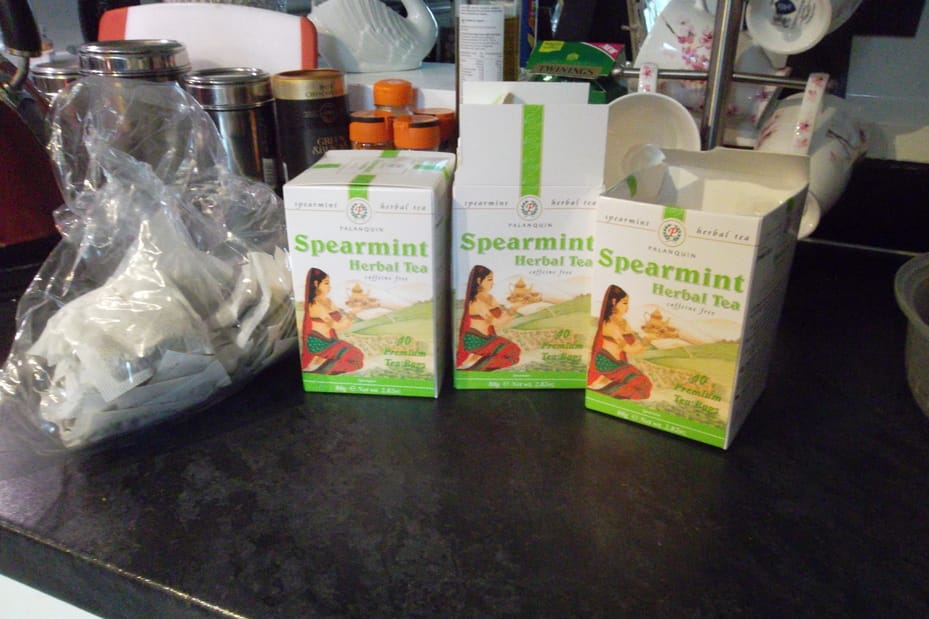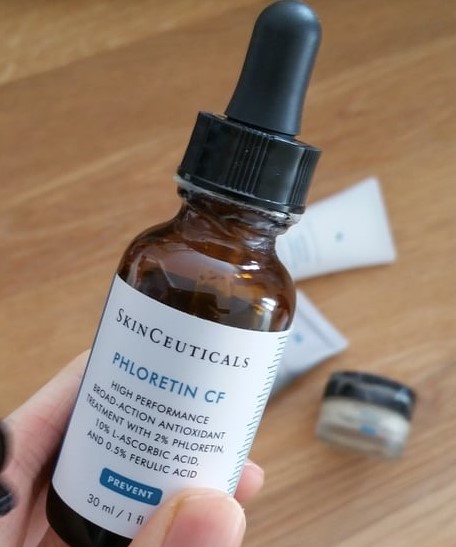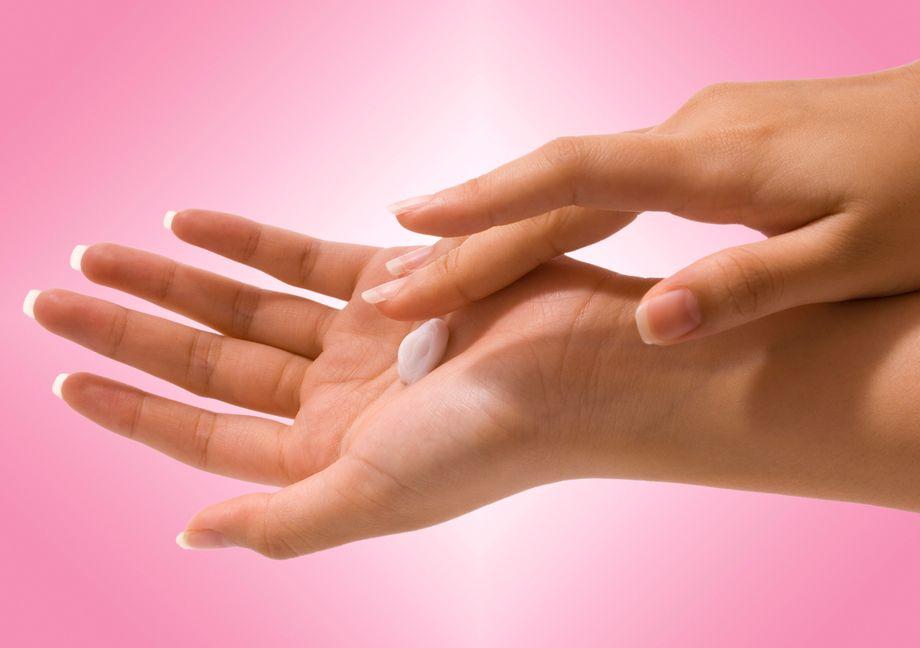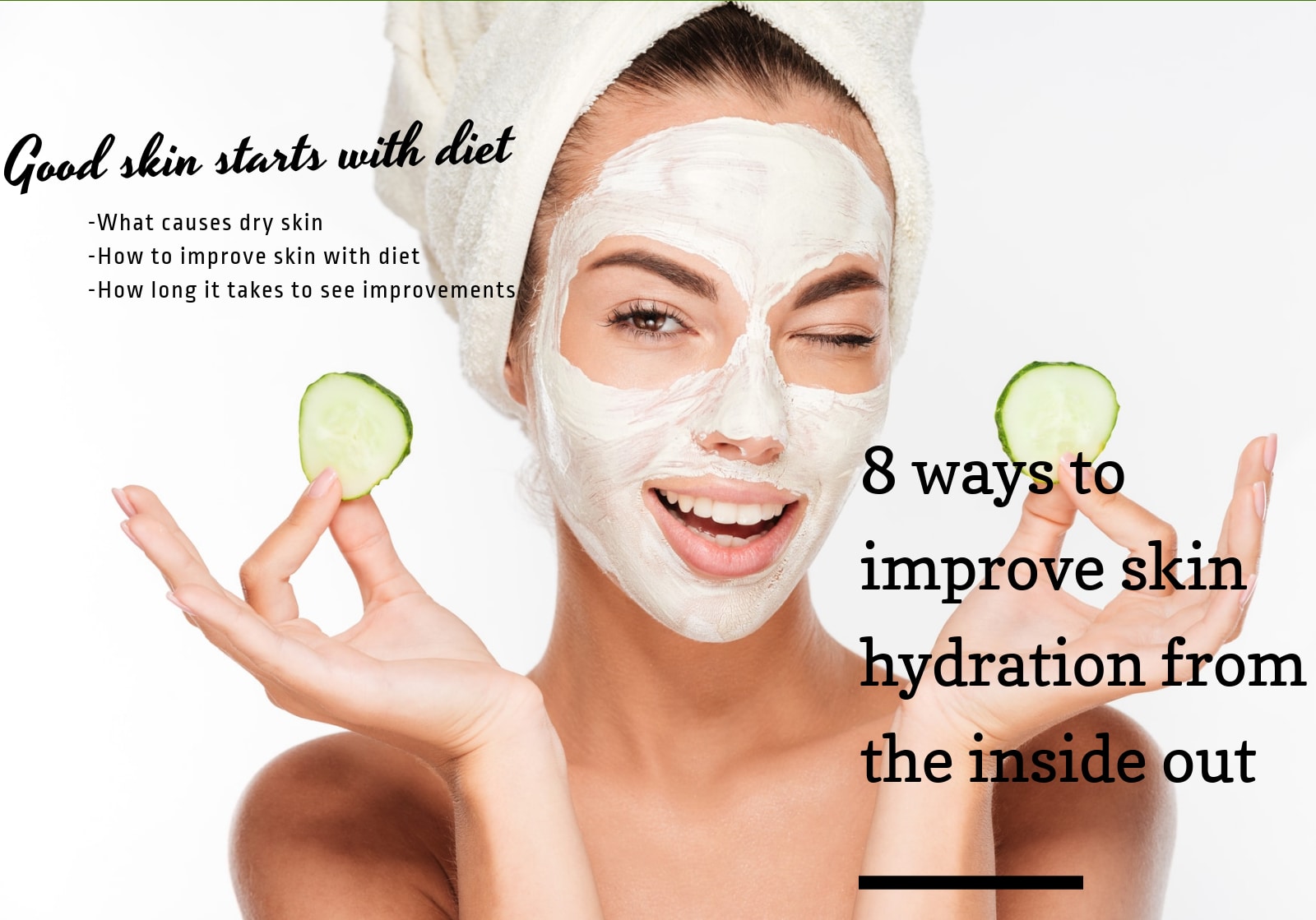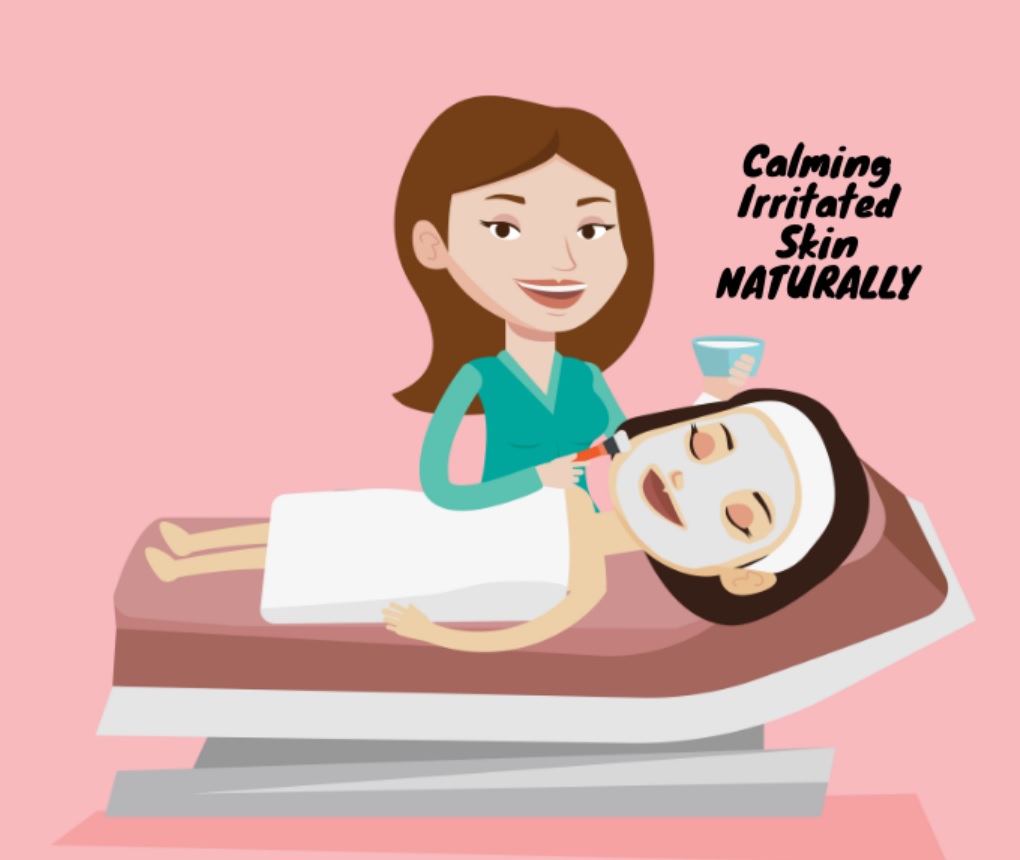Disclosure: This article may contain affiliate links. If you decide to make a purchase, I may make a small commission at no extra cost to you.
When trying to fix your skin, you’re going to need an ample amount of patience. And depending on how deep the damage and problems are, the time it can take for a good vitamin c serum to correct skin problems can vary significantly.
There is a wide range of vitamin C serums on the market today, some of them are fantastic, while others are not-so-great, and may even be damaging to the skin.

What I’m saying is, you get what you pay for.
There are inexpensive serums which include a form of vitamin C that is stable, and I would recommend these over a cheap L-ascorbic serum (more on inexpensive vitamin C serums here). For a premium serum, I recommend checking out Skinceuticals.
I personally go for more premium products for my skin, but I’d encourage you to experiment for yourself to see what works for you and if you think the premium serums are worth it.
I personally think that they are because of the results I’ve had from using them for almost a decade.
So how long will a vitamin C serum take to work?
Vitamin C serums can take 4-12 weeks to improve your skin.
Main factors in determining how fast vitamin C will correct skin damage
There are many factors which come into play when looking at the time it will take for you to see a significant benefit from applying a vitamin C serum to your face.
- The type of vitamin C, the concentration used, and other ingredients in the serum
- How deep the damage goes will significantly change the time needed for vitamin C serums to work
- Your age: younger skin is able to bounce back more easily than older skin
- How consistent you are with your skincare regimen
- Lifestyle habits such as smoking, drinking, and drugs will decrease the effectiveness of treatment
- Your diet may also play a role in the ability of your skin to regenerate
As you can see, there are many variables which will both alter the effectiveness of vitamin C and also change the length of time that it will take before you see a significant benefit.
However, there have been a number of studies looking at vitamin C in treating different skin condition such as:
- Hyperpigmentation
- Fine lines and wrinkles
- Aging skin
- Acne
- Melasma
- Age Spots
- General redness
Most studies appear to show that vitamin C is able to help improve the skin in as little as 4 – 12 weeks and improvements continuing for up to a year or more after the start of treatment.
In order to give you an idea of what to expect, let’s have a look at a few studies using vitamin C on the face.
Study 1
In 2002, a double-blind study involved just 10 patients and looked at the effectiveness of a vitamin C containing 10% ascorbic acid on skin aging.
In short, the study showed that after 12 weeks, those who had vitamin C applied to their skin had significant improvements in photoaging scores and also an improvement in skin wrinkling.
Collagen synthesis was also increased in those who used vitamin C, whereas there was no change in the subjects given the placebo. [1]
Study 2
In 2003, a lower concentrate (5%) vitamin C serum was tested on healthy female volunteers. The study was a double-blind, randomized trial, and subjects were followed and evaluated at the start of the study, 3 months, and then at 6 months.
By the end of the study, patients had subjectively noticed significant improvements in their skin.
Biopsies confirmed these improvements by showing a significant increase in the density of skin microrelief and a decrease in deep furrows.
Researchers noted that there was structural evidence from biopsies which showed elastic tissue repair in the subjects that were using the topic vitamin C serum. [2]
Study 3
In this study, researchers opted to use a much higher concentration (25%) of L-Ascorbic acid to treat a condition called melasma.
Forty patients were treated over a period of just 16 weeks and each of the patients was assessed every 4 weeks to look for improvements in pigmentation.
By the end of the study, patients had experienced significant improvements in their quality of life, and vitamin C was determined to be an effective treatment for melasma. [3]
Study 4
Nineteen volunteers who presented with mild to moderate photodamaged skin were enrolled in a study to see the effect of a serum containing ascorbic acid on improving skin health.
The study lasted 3 months and subjects were graded on a 0-9 scale. By the end of the 3 months, patients who received the vitamin C treatment demonstrated significant improvements.
The photographic assessment of subjects showed a 57.9% greater improvement than the control group in things like wrinkling, skin roughness, skin tone, etc. [4]
Vitamin C type and concentration
L-Ascorbic acid has been shown to be effective up to 20% concentration. Many vitamin C serums that you’ll come across usually have between 10-20% concentration of L-Ascorbic Acid.
If you opt for a higher concentration, you will likely see effects more quickly, especially with regards to improving complexion, skin evenness, and fine lines.
Higher concentrations are usually fine for most people, but sometimes you will feel a bit of a sting when first applied. This lasts no more than a second and usually goes away after a few applications.
For speedy results, for at least 15% – 20% concentration of ascorbic acid.
If you’re opting for a budget serum, then I would advise going for 20% sodium ascorbyl phosphate. You can find a good choice of products here.
How bad is the damage?
If you are 20-40 years old: you will be more likely to experience significant improvements in a short period of time.
As per the studies, it’s always recommended that you give it at least 4 weeks before judging whether or not it’s working.
You should notice major improvements within 12-24 weeks. You will notice that your skin becomes softer, lines fade, hyperpigmentation fades, and redness decreases.
If you are 40 or older: you’re likely to have suffered a lot more damage from the sun, environment, and biological aging.
Skin doesn’t bounce back as easily as you get older, so be prepared to give it a bit more time before you’re able to see a benefit of using a vitamin C serum.
That being said, studies have shown significant improvements in photodamage, skin wrinkling, and a boost in collagen synthesis within 3 months.
I’d recommend that you give it a year or so to experience the full effect of applying vitamin C to your skin.
Superficial damage
The top layer of skin, minor cuts, minor acne marks and such will be the first thing to be improved by vitamin C serums.
A decrease in spots, freckles and other marks will be noticeable within about 1-3 months.
Deeper problems
If you have hyperpigmentation that is deep (you may notice a blueish color) then I’d recommend going with something like phloretin CF, for deeper penetration into the dermis.
This type of damage can take a very long time to heal. Also, when damage is deeper in the skin, you may see things get worse before they get better. This is very important to know.
Using laser treatment in combination with vitamin C would be the best bet if you want fast results.
Some people experience something called post-inflammatory erythema (PIE), and it’s common in people who’ve experienced acne. This is where blood vessels remain dilated at the site of injury and can take months or years to resolve.
Vitamin C serums will have very little to no effect on post-inflammatory erythema. Lasers or time is the best treatment.
Superficial red marks from acne are easily treated with ascorbic acid and sodium ascorbyl phosphate.
How often to use vitamin c serum?
One of the ways you can ensure fast results is to just simply having a solid skincare regimen that you stick to day in and day out.
When vitamin C is absorbed into the skin, most of it cannot be washed off. The effect of vitamin C can last a few days but gradually wears off.
To achieve maximum concentrations of vitamin C in the skin, you want to make sure that you use it every day, in addition to using a sunscreen. If you do use a sunscreen, vitamin D levels will drop, so you might want to consider taking a Vitamin D supplement.
Using other products may also enhance the effect of vitamin C, such as moisturizers, exfoliating your skin to remove the dead skin cells.
Eat a healthy diet
If you think that you can just fix up your skin from the outside, you’d be wrong.
Eating healthily will help rejuvenate the skin by providing the necessary vitamins and minerals for the skin to repair.
Fruits and vegetables are abundant in antioxidants which can help combat free radical damage and inhibit inflammation which is damaging to the skin.
Eating healthy fats will also contribute to a healthy glow and combat skin dryness.
In conclusion
- Give it at least 4-12 weeks to start making a difference
- If you’re older than 40, give it a bit more time
- Make sure you eat healthily to speed up improvements
- Be consistent and use sunscreen every day when applying vitamin C
- It can take up to one year or more before seeing maximum benefits
- Use every day to prevent or slow down reappearance of skin problems
Everyone who wants to keep their skin young and healthy should consider using a good vitamin C serum. Did you know Shakira credits the use Vitamin C serums for her youthful looks?
For anyone who is looking to prevent and protect their skin from the harmful effects of the environment and aging, these serums should be a staple of your skincare regimen.
Fortunately, for those who hadn’t started using vitamin C early in life, you can still benefit from its ability to reverse some photodamage and signs of aging.
References
1. Double-blind, half-face study comparing topical vitamin C and vehicle for rejuvenation of photodamage.
https://www.ncbi.nlm.nih.gov/pubmed/11896774/
2. Topical ascorbic acid on photoaged skin. Clinical, topographical and ultrastructural evaluation: double-blind study vs. placebo.
https://www.ncbi.nlm.nih.gov/pubmed/12823436/
3. Clinical efficacy of 25% L-ascorbic acid (C’ensil) in the treatment of melasma
https://www.ncbi.nlm.nih.gov/pubmed/19298775/
4. Use of topical ascorbic acid and its effects on photodamaged skin topography.
https://www.ncbi.nlm.nih.gov/pubmed/10522500

